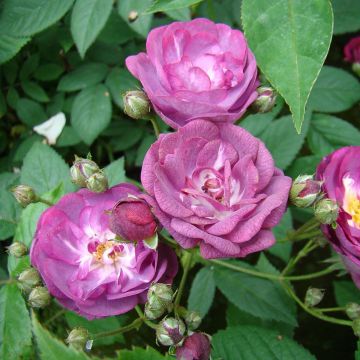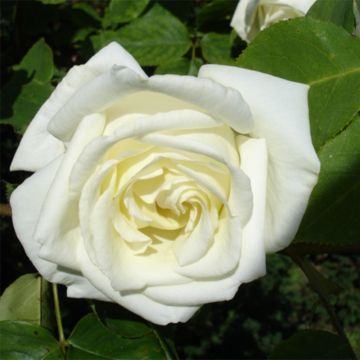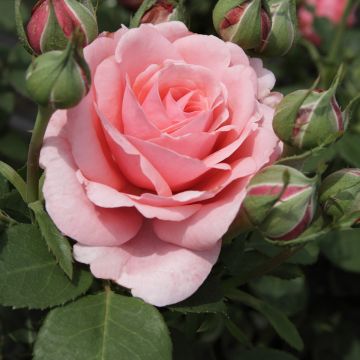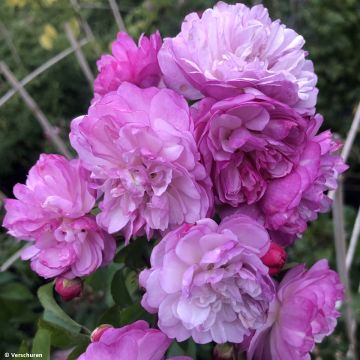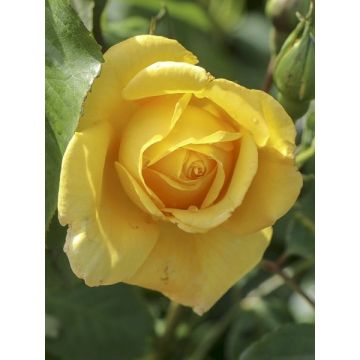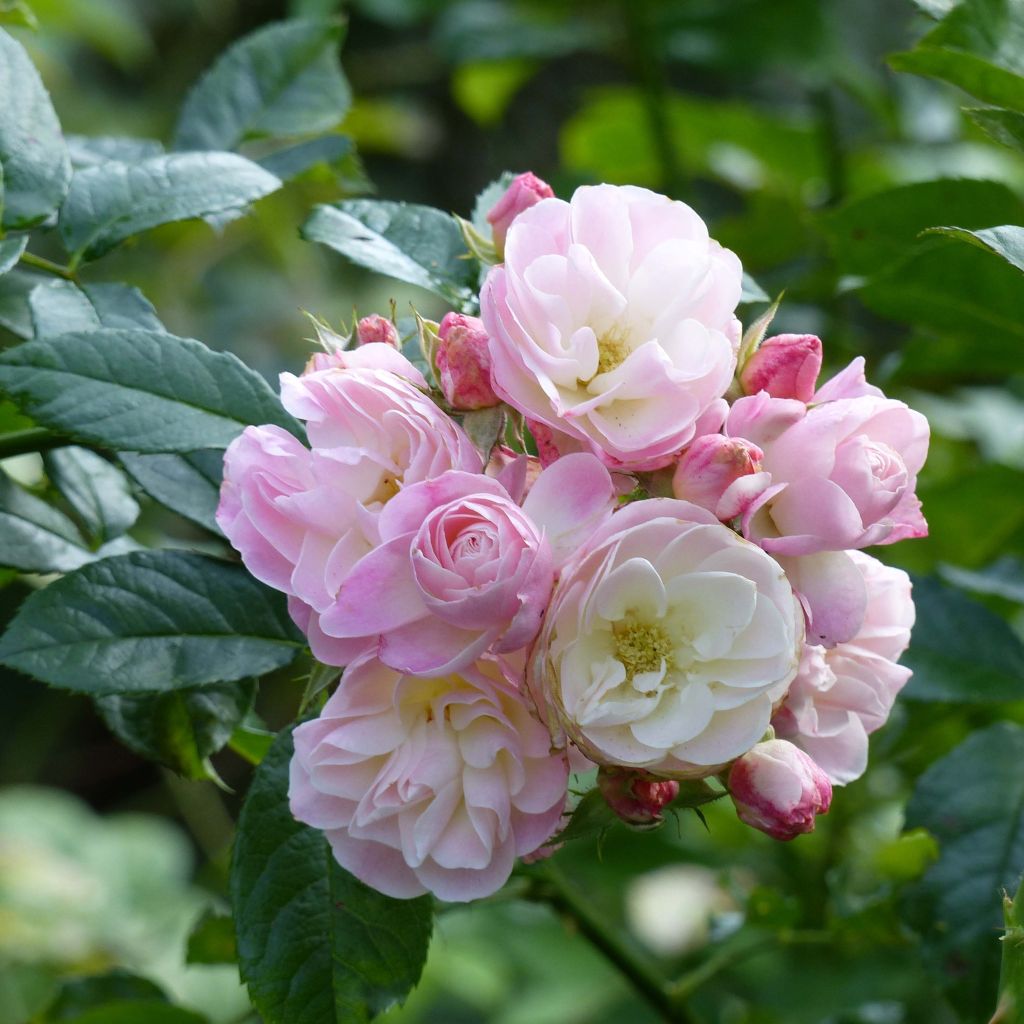

Rosa x moschata Bouquet Parfait 'Lenbofa'
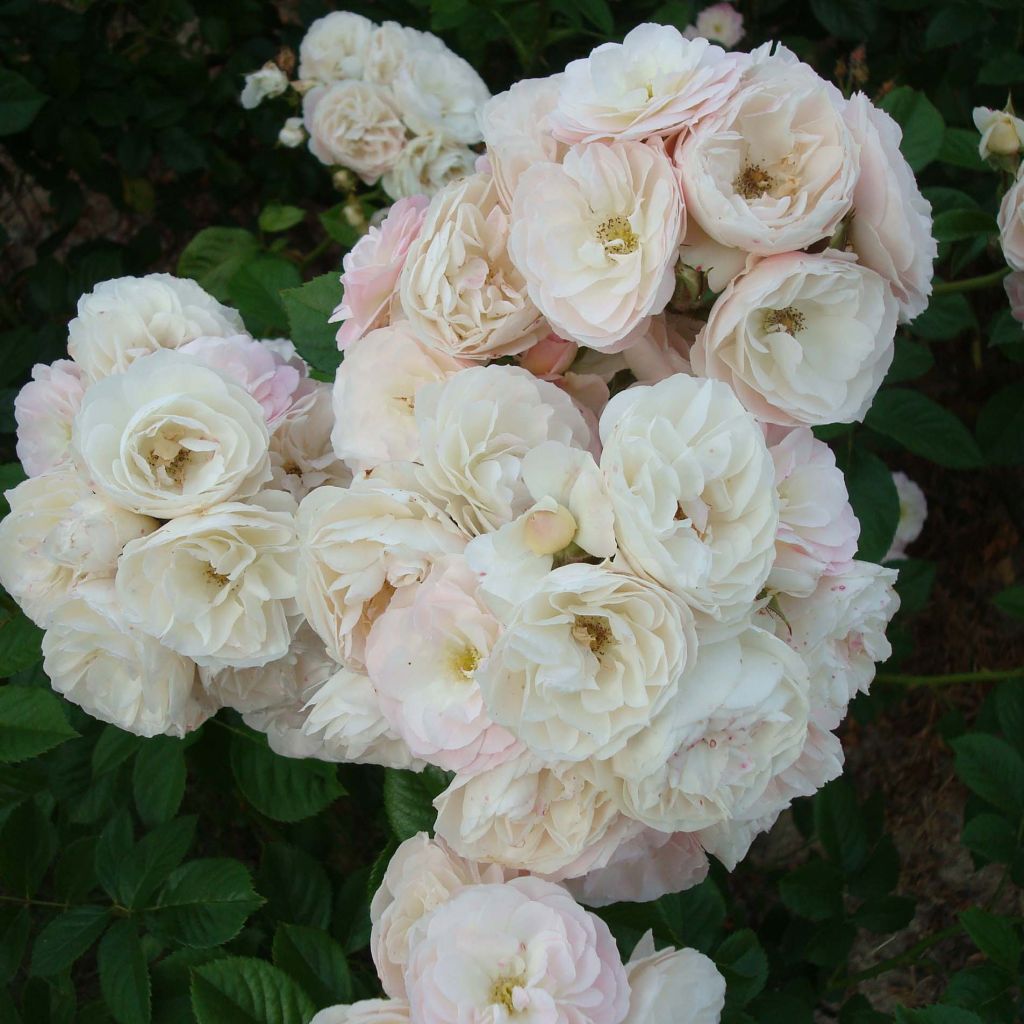

Rosa x moschata Bouquet Parfait 'Lenbofa'
Rosa x moschata Bouquet Parfait 'Lenbofa'
Rosa x moschata Bouquet Parfait® 'Lenbofa'
Rose
This rose bush is a true delight. A very healthy rose bush that is already in bloom.
Julie, 27/05/2023
This item cannot be shipped to the selected country
Delivery charge from €5.90
Delivery charge from €5.90
Delivery to Corse prohibited
More information
Schedule delivery date,
and select date in basket
This plant carries a 24 months recovery warranty
More information
We guarantee the quality of our plants for a full growing cycle, and will replace at our expense any plant that fails to recover under normal climatic and planting conditions.
From €5.90 for pickup delivery and €6.90 for home delivery
Express home delivery from €8.90.
From €5.90 for pickup delivery and €6.90 for home delivery
Express home delivery from €8.90.
Delivery to Corse prohibited: UE law prohibits the import of this plant from mainland France to Corse as part of the fight against Xylella fastidiosa. Please accept our sincere apologies.
More information
Does this plant fit my garden?
Set up your Plantfit profile →
Description
The Clustered Flower Bush 'Bouquet Parfait' was named because it has a unique characteristic: its adorable roses are gathered in beautiful round clusters, mixing their double corollas ranging from white to soft pink in a perfect bouquet, ready to be placed in a vase. The bush, on the other hand, shows remarkable vigour, excellent flowering, good tolerance to limestone, and perfect cold resistance. An excellent variety in every way, full of charm, for all gardens. Definitely worth discovering!
The 'Bouquet Parfait' Lenbofa Rose is a creation of Belgian rose breeder Louis Lens, dating back to 1989. This hybrid musk rose quickly forms an upright but flexible bush, well-branched at the base, with thorny stems 1.20m (4ft) to 1.50m (5ft) in height and 80cm (32in) in width, and covered with healthy deciduous foliage, cut into large leaflets, with a satin green colour in summer. Its flowering is particularly recurrent and abundant from June to October-November if faded flowers are removed. Its wide corollas, measuring 8cm (3in), have 30 to 35 petals, they are flat, tightly packed, and gathered in clusters of 6 to 10 flowers. The variegated dark pink buds open into small pink cabbage-like blooms, then unfold into round and fully open cups, with a milky white color, turning pinkish at the edges over time. Each bouquet offers a changing and permanent spectacle, with a mix of white, cream, and different shades of soft pink. This resistant rose seems to be slightly susceptible to black spot disease, marsonia, under certain climates. If this is the case in your region, it is advisable to treat it preventively once a month.
Clustered roses are great for creating beautiful small hedges, planted mixed in small shrub beds or in front of larger shrubs. Combine them with abelias, nandinas, or caryopteris, for example. They are good companions for peonies, Nepeta, paniculate phlox, and tall baby's breath. The vigor of 'Bouquet Parfait', its charm that invariably captivates rose lovers, makes it an interesting variety for all gardens. It is easy to grow. It can be used in various ways, according to each gardener's preferences: in a rose bed, paired with white varieties ('Marie Pavie', 'Swanny'), or mauve ones ('Blue Boy', 'Rhapsody in Blue', 'Roman Waltz'), or mixed with easy-to-grow perennials like perennial geraniums, small-flowered carnations, or blue asters. And its lightly scented roses are absolutely adorable in bouquets!
Report an error about the product description
Rosa x moschata Bouquet Parfait 'Lenbofa' in pictures
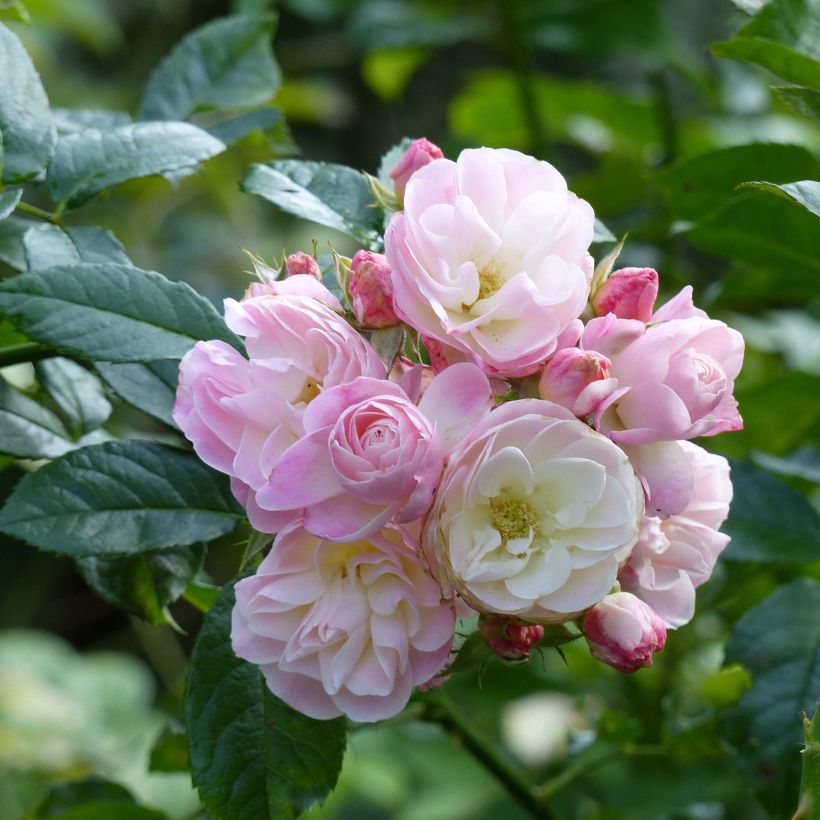

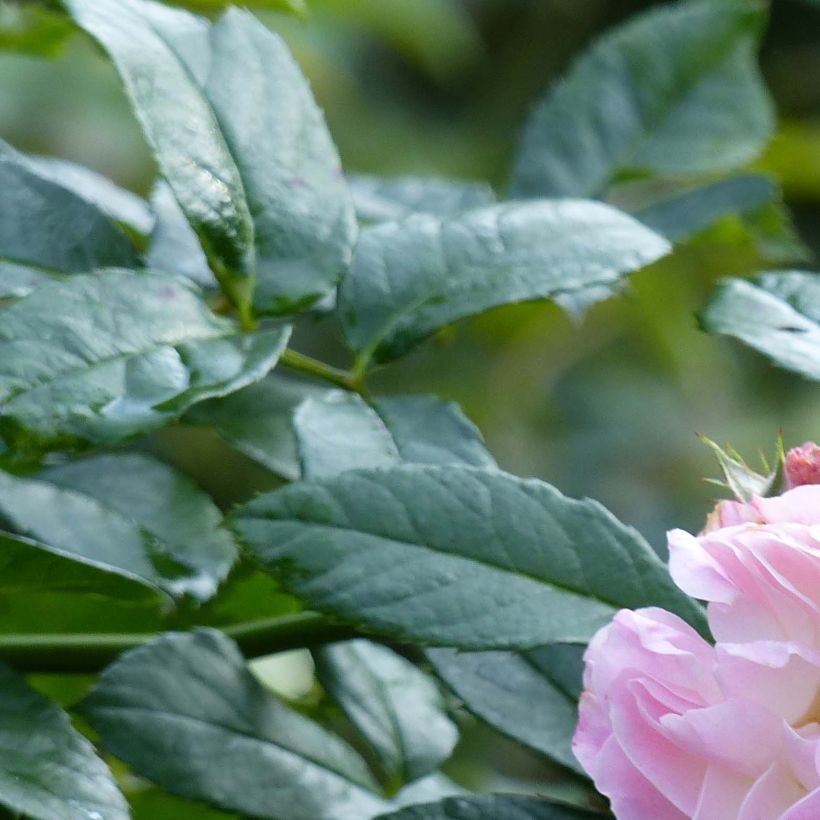

Plant habit
Flowering
Foliage
Botanical data
Rosa
x moschata
Bouquet Parfait® 'Lenbofa'
Rosaceae
Rose
Cultivar or hybrid
Rosa canina Laxa (4L/5L pot, Wrapped bare root)
Other Polyantha clustered Roses
Planting and care
Plant this musk-scented rose from November to March, in ordinary, well-loosened and free-draining soil. Roses prefer clayey soils, rather heavy than light. In soil that is too sandy, too compact or too dry in summer, it is preferable to bury compost, decomposed manure or leaf-mould at the bottom of the planting hole. However, this rose dreads waterlogged soils in winter. Place it in a sunny position, at most in partial shade. Roses are greedy plants, a specific rose fertiliser application will be beneficial when the foliage emerges, then regularly during the entire flowering period.
Planting period
Intended location
Care
-
, onOrder confirmed
Reply from on Promesse de fleurs
Roses by purpose
Haven't found what you were looking for?
Hardiness is the lowest winter temperature a plant can endure without suffering serious damage or even dying. However, hardiness is affected by location (a sheltered area, such as a patio), protection (winter cover) and soil type (hardiness is improved by well-drained soil).

Photo Sharing Terms & Conditions
In order to encourage gardeners to interact and share their experiences, Promesse de fleurs offers various media enabling content to be uploaded onto its Site - in particular via the ‘Photo sharing’ module.
The User agrees to refrain from:
- Posting any content that is illegal, prejudicial, insulting, racist, inciteful to hatred, revisionist, contrary to public decency, that infringes on privacy or on the privacy rights of third parties, in particular the publicity rights of persons and goods, intellectual property rights, or the right to privacy.
- Submitting content on behalf of a third party;
- Impersonate the identity of a third party and/or publish any personal information about a third party;
In general, the User undertakes to refrain from any unethical behaviour.
All Content (in particular text, comments, files, images, photos, videos, creative works, etc.), which may be subject to property or intellectual property rights, image or other private rights, shall remain the property of the User, subject to the limited rights granted by the terms of the licence granted by Promesse de fleurs as stated below. Users are at liberty to publish or not to publish such Content on the Site, notably via the ‘Photo Sharing’ facility, and accept that this Content shall be made public and freely accessible, notably on the Internet.
Users further acknowledge, undertake to have ,and guarantee that they hold all necessary rights and permissions to publish such material on the Site, in particular with regard to the legislation in force pertaining to any privacy, property, intellectual property, image, or contractual rights, or rights of any other nature. By publishing such Content on the Site, Users acknowledge accepting full liability as publishers of the Content within the meaning of the law, and grant Promesse de fleurs, free of charge, an inclusive, worldwide licence for the said Content for the entire duration of its publication, including all reproduction, representation, up/downloading, displaying, performing, transmission, and storage rights.
Users also grant permission for their name to be linked to the Content and accept that this link may not always be made available.
By engaging in posting material, Users consent to their Content becoming automatically accessible on the Internet, in particular on other sites and/or blogs and/or web pages of the Promesse de fleurs site, including in particular social pages and the Promesse de fleurs catalogue.
Users may secure the removal of entrusted content free of charge by issuing a simple request via our contact form.
The flowering period indicated on our website applies to countries and regions located in USDA zone 8 (France, the United Kingdom, Ireland, the Netherlands, etc.)
It will vary according to where you live:
- In zones 9 to 10 (Italy, Spain, Greece, etc.), flowering will occur about 2 to 4 weeks earlier.
- In zones 6 to 7 (Germany, Poland, Slovenia, and lower mountainous regions), flowering will be delayed by 2 to 3 weeks.
- In zone 5 (Central Europe, Scandinavia), blooming will be delayed by 3 to 5 weeks.
In temperate climates, pruning of spring-flowering shrubs (forsythia, spireas, etc.) should be done just after flowering.
Pruning of summer-flowering shrubs (Indian Lilac, Perovskia, etc.) can be done in winter or spring.
In cold regions as well as with frost-sensitive plants, avoid pruning too early when severe frosts may still occur.
The planting period indicated on our website applies to countries and regions located in USDA zone 8 (France, United Kingdom, Ireland, Netherlands).
It will vary according to where you live:
- In Mediterranean zones (Marseille, Madrid, Milan, etc.), autumn and winter are the best planting periods.
- In continental zones (Strasbourg, Munich, Vienna, etc.), delay planting by 2 to 3 weeks in spring and bring it forward by 2 to 4 weeks in autumn.
- In mountainous regions (the Alps, Pyrenees, Carpathians, etc.), it is best to plant in late spring (May-June) or late summer (August-September).
The harvesting period indicated on our website applies to countries and regions in USDA zone 8 (France, England, Ireland, the Netherlands).
In colder areas (Scandinavia, Poland, Austria...) fruit and vegetable harvests are likely to be delayed by 3-4 weeks.
In warmer areas (Italy, Spain, Greece, etc.), harvesting will probably take place earlier, depending on weather conditions.
The sowing periods indicated on our website apply to countries and regions within USDA Zone 8 (France, UK, Ireland, Netherlands).
In colder areas (Scandinavia, Poland, Austria...), delay any outdoor sowing by 3-4 weeks, or sow under glass.
In warmer climes (Italy, Spain, Greece, etc.), bring outdoor sowing forward by a few weeks.










































